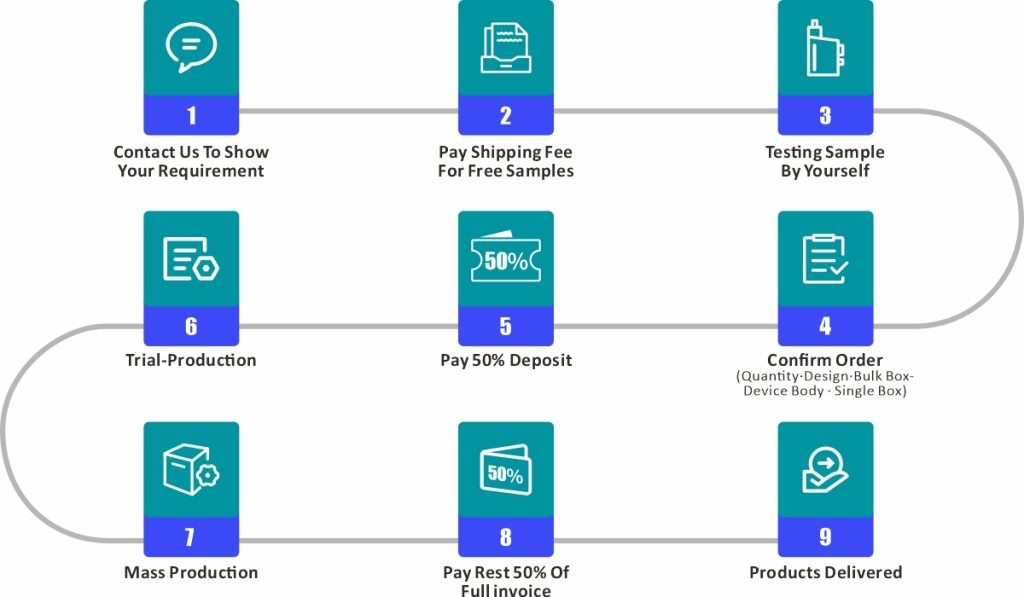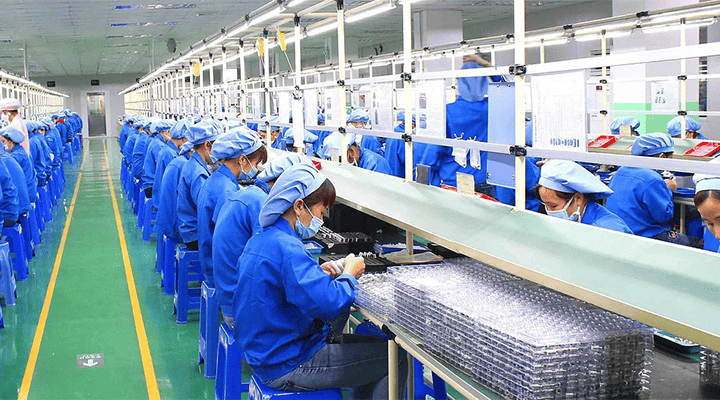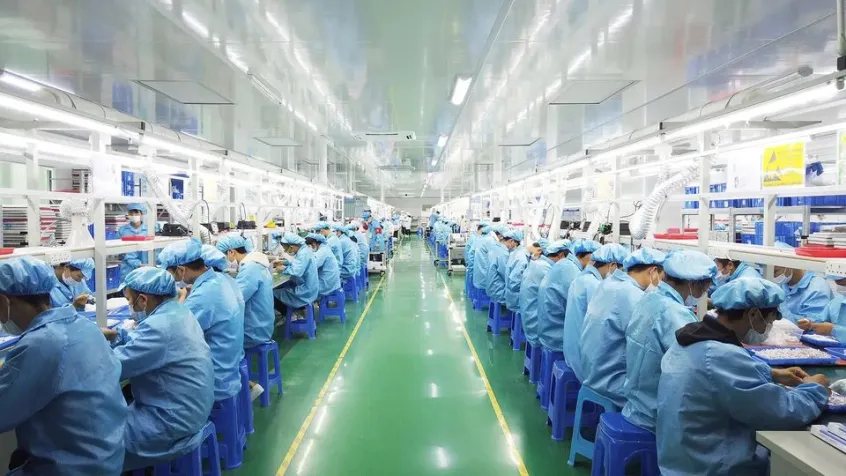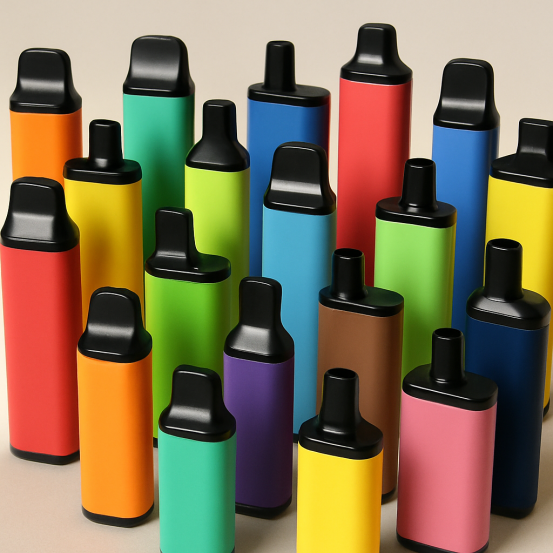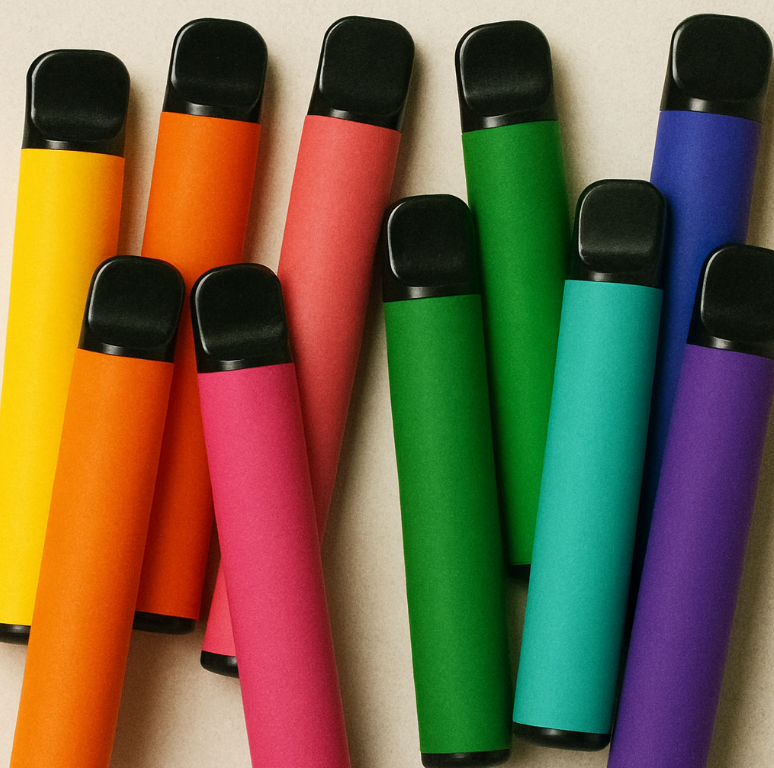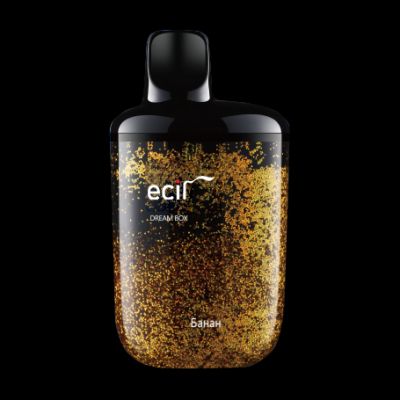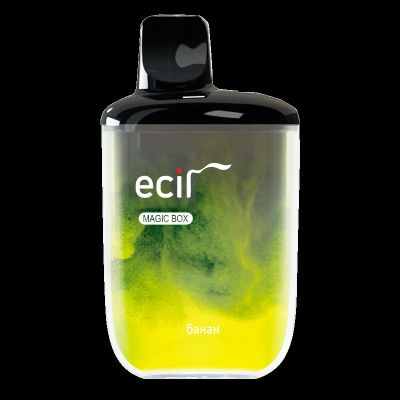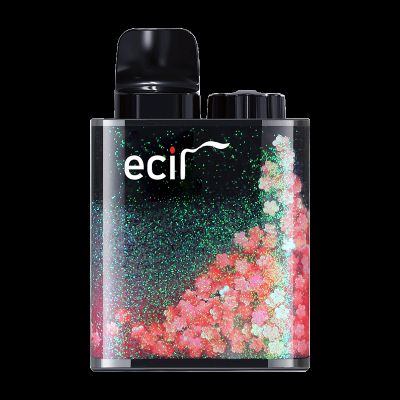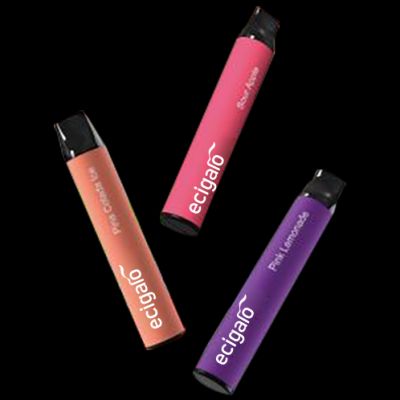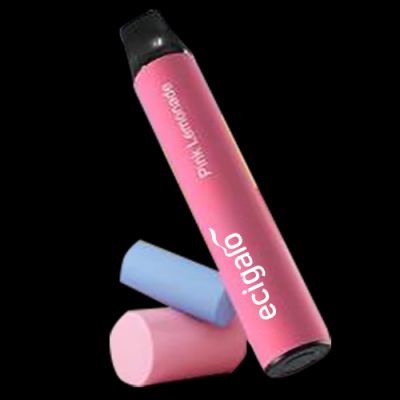FDA Approved Vape Factory: What You Need to Know
An FDA approved vape factory represents a significant mark of quality, safety, and compliance in the vaping industry. With the rise of electronic nicotine delivery systems (ENDS) and increased scrutiny around vaping products, the Food and Drug Administration (FDA) plays a crucial role in regulating and approving these products. Obtaining FDA approval for a vape factory requires manufacturers to meet stringent safety standards, which helps protect public health and offers consumers reassurance. As part of the FDA’s regulatory efforts, only products that have demonstrated their safety and potential benefits through rigorous review processes are granted approval to enter the U.S. market. For businesses and consumers alike, understanding what it means for a factory to be FDA-approved can clarify what to look for in quality cigarette products and devices.
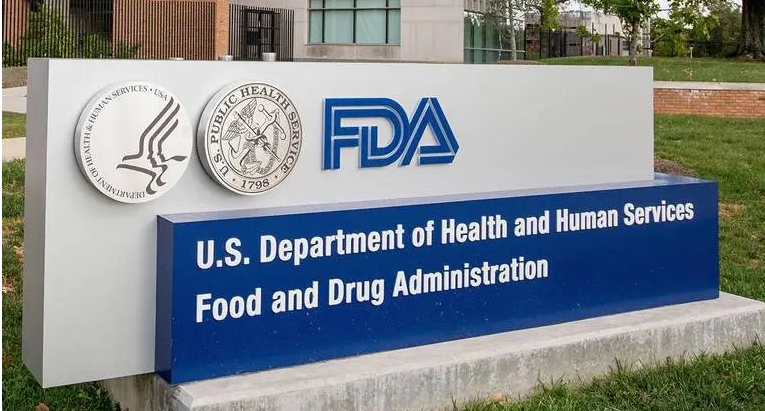
Understanding FDA Approval for Vape Products
The Food and Drug Administration (FDA) is the primary regulatory body overseeing the safety and quality of tobacco products including vaping products in the United States. As part of its efforts to protect public health, the FDA reviews applications from vape manufacturers to determine whether their products meet certain safety standards. This approval process is critical for ensuring all new tobacco products adhere to stringent guidelines before reaching the market. For manufacturers, obtaining FDA approval is essential for building trust among consumers and complying with legal standards.
Why FDA Approval Matters for Vaping Products
FDA approval is particularly relevant when it comes to electronic nicotine delivery systems (ENDS), such as electronic cigarettes and flavored e cigarette products. Since 2016, the FDA has exercised regulatory authority over ENDS products to minimize risks to the public. The FDA’s Center for Tobacco Products is responsible for reviewing each product to ensure it poses minimal risks to users.
FDA approval involves evaluating the premarket tobacco product application (PMTA). This is a rigorous process where manufacturers submit scientific data showing that their products are appropriate for the protection of the public. The application process includes comprehensive assessments of a product’s ingredients, manufacturing processes, and potential health risks.
The Premarket Tobacco Product Application (PMTA) Process
For a vape factory to receive FDA approval, it must submit a PMTA. This application serves as the cornerstone of the FDA’s approach to managing the risks associated with tobacco products including vaping products. Here’s a breakdown of the PMTA process:
Product Submission: The manufacturer submits an application with detailed information about the product, including its ingredients, formulation, and design. The submission also needs to include scientific studies or literature demonstrating the product's safety and efficacy as an alternative for adult smokers.
Review and Assessment: The FDA reviews each product to evaluate its impact on public health. They consider whether the product could help existing smokers transition away from conventional cigarette products and devices. This process can take several months as the FDA assesses the health risks and benefits associated with the product.
Marketing Orders: If the FDA concludes that the product is appropriate for the protection of the public, it issues marketing granted orders. These orders allow the vape factory to legally market its products in the United States. The FDA has authorized various products that meet these standards, allowing manufacturers to market them as authorized e cigarette products.
FDA Authorized Products and the Importance of Compliance
In recent years, the FDA has focused on approving tobacco flavored products over flavored ones, citing concerns about youth usage. The FDA’s stance on flavored e-cigarettes reflects its commitment to minimizing youth exposure, especially among middle and high school students. According to former FDA Commissioner Mitch Zeller, flavors like menthol and fruit appeal more to younger users, which is why the FDA has restricted certain flavors to reduce appeal among non-adult audiences.
FDA approval also means compliance with strict labeling and marketing standards. Once approved, manufacturers can market their products as modified risk tobacco products (MRTPs) if they meet additional requirements. This designation allows manufacturers to make specific health claims, such as reduced exposure to harmful chemicals, which could encourage adult smokers to switch from conventional cigarettes.
Public Health and FDA’s Regulatory Authority
The FDA’s oversight is crucial for protecting public health. By regulating electronic cigarettes and other electronic nicotine delivery systems, the FDA ensures that manufacturers prioritize consumer safety. Furthermore, by approving only those products that demonstrate a potential benefit for adult smokers, the FDA works to prevent the re-normalization of nicotine consumption, especially among younger populations. The emphasis on science-based regulation reflects the FDA’s commitment to a balanced approach to managing tobacco products including both e-cigarettes and combustible cigarettes.
Benefits of Partnering with an FDA Approved Vape Factory
For businesses seeking to distribute vaping products, partnering with an FDA-approved factory offers several advantages:
Credibility and Trust: Consumers are more likely to trust products that have passed rigorous FDA evaluation.
Market Access: FDA approval allows a factory to legally market and distribute its products in the U.S. This regulatory compliance also helps companies avoid potential legal issues.
Consumer Confidence: FDA-approved products instill confidence in consumers, particularly adult smokers who are exploring alternatives to traditional cigarettes.
Public Health Protection: By choosing products from an FDA-approved facility, consumers can be assured of the manufacturer’s commitment to safety, quality, and ethical practices.
FAQs
1. What makes a vape factory FDA approved?
An FDA-approved vape factory has received marketing orders from the FDA for its products, which indicates compliance with safety standards and manufacturing practices that prioritize public health.
2. How does the FDA evaluate vaping products?
The FDA uses the premarket tobacco product application (PMTA) process to assess products based on scientific data, ingredients, manufacturing quality, and potential health risks.
3. Why are tobacco-flavored products more commonly FDA approved than other flavors?
The FDA has taken a more cautious stance on flavors that appeal to younger users, such as fruity and sweet flavors. Therefore, tobacco flavored products are more likely to be approved as they are generally targeted at adult smokers rather than younger audiences.
4. What is a modified risk tobacco product?
A modified risk tobacco product (MRTP) is one that the FDA has designated as posing lower health risks compared to other tobacco products. This designation is granted only after a product meets additional scientific criteria beyond the standard PMTA.
5. Are all e-cigarette products FDA approved?
No, only products that have gone through the PMTA process and received FDA marketing orders can be marketed as authorized e cigarette products. Unapproved products are illegal to sell in the U.S. and may be subject to FDA enforcement actions.
An FDA approved vape factory symbolizes adherence to high standards of quality, safety, and ethical responsibility in the vaping industry. As the FDA continues to develop new regulations, consumers and businesses alike benefit from products that meet rigorous standards for public health protection.


